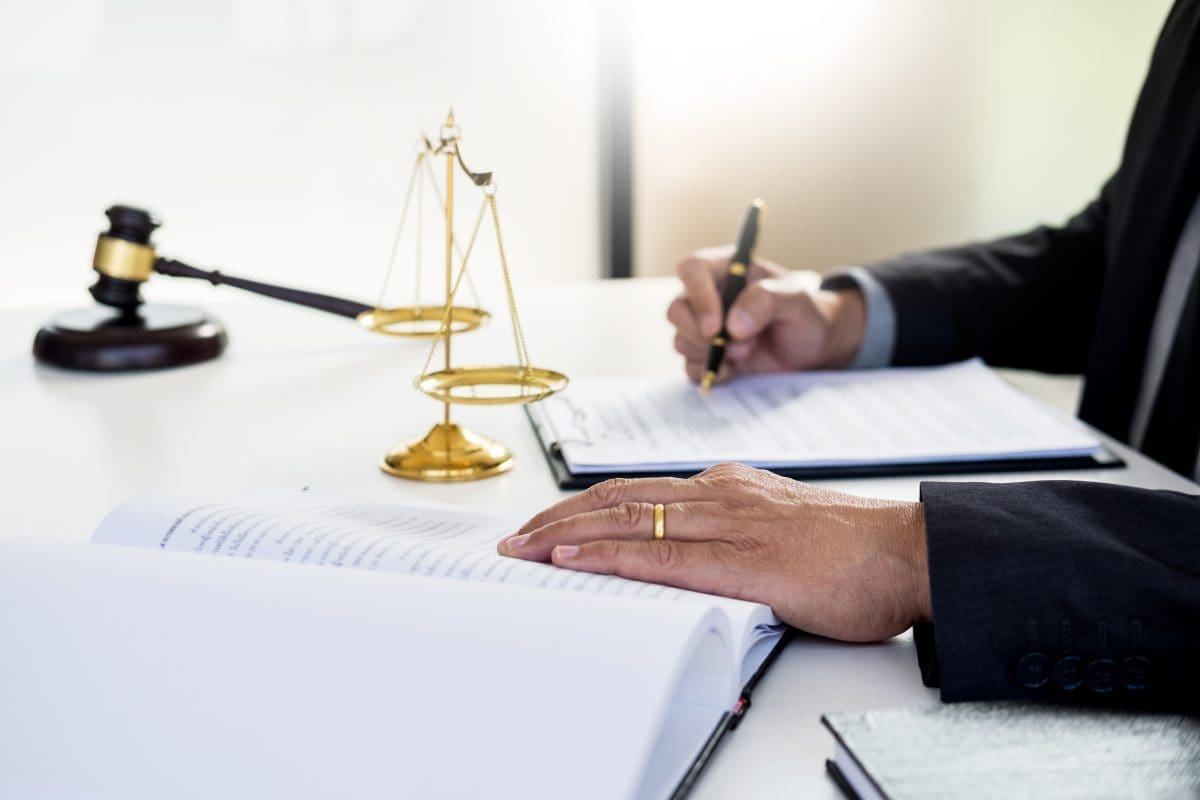If you are owed money, you have probably considered the various ways of making someone pay. One route is to have a county court judgement (CCJ) against them which, when CCJ enforcement is done correctly, forces them to repay what they owe.
Understanding County Court Judgements (CCJs)
If someone owes you money and they are not responding or paying, you could have a county court judgement (CCJ) issued against them. You can obtain a CCJ yourself or through a solicitor, by filing for one at a County Court. There is usually a court fee for doing this. Once a CCJ has been issued, the person who owes the money will have 14 days to respond.
When to Enforce a CCJ
The main reason to pursue CCJ enforcement is to make someone repay the money they owe you. If other means of reclaiming the money haven’t worked, a CCJ is likely to be one of the next steps. A CCJ will usually give the debtor 14 days to repay the debt or it will provide information about paying in instalments. You shouldn’t enforce the CCJ until the debtor has failed to comply with what the CCJ orders.
Methods of Enforcing a CCJ
There are a variety of ways to handle CCJ enforcement, including an Attachment of Earnings Order. This enables you to make a debtor’s employer deduct payments directly from their wages, and give them to you. A Charging Order is another option, which could give you the ability to force the sale of an asset to repay the debt. Once you have issued a CCJ, you might be able to apply for a Third Party Debt Order to take money directly from your debtor’s bank account.
If you are unsure if a debtor has the means to pay, you could apply for an Order to Obtain Information. This allows you to make a debtor attend court to answer questions about their personal circumstances, income and ability to repay the debt.
Factors Affecting Successful Enforcements
Of course, even with a CCJ there are a range of factors that could affect a successful enforcement. For example, if the debtor is in a poor financial situation, they may not have the funds to pay you. They also might not have any assets for the court to seize, which would also lead to an unsuccessful enforcement. But, if you work with a debt recovery agency, these aren’t things that you have to worry about in the same way.
Steps After Successful Enforcement
Once you have successfully enforced a CCJ, you can recover the money that you are owed. A CCJ will also have a negative impact on a debtor’s credit rating, which will impact them for many years.
There’s a lot that goes into obtaining and enforcing a CCJ, which is why a lot of people opt to enlist the help of a debt recovery agency instead. Contact our helpful team to find out more.






